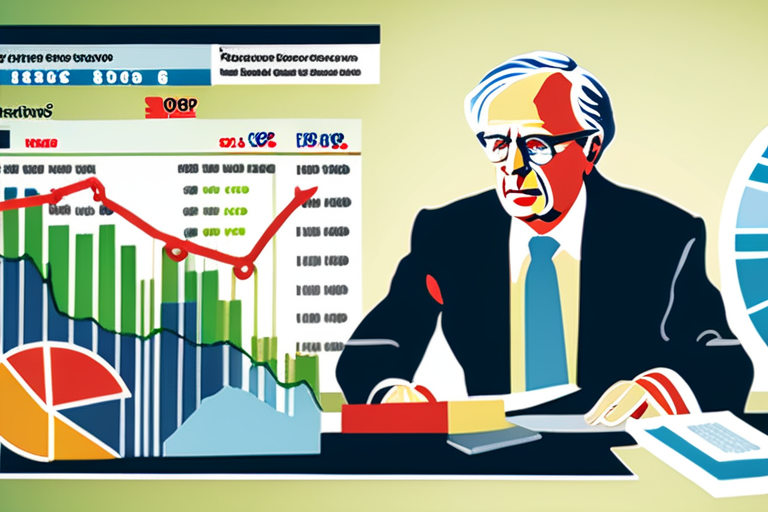State Pension to Surge 4.7% in April: Boost for Millions Amid Economic Uncertainty


Join 0 others in the conversation
Your voice matters in this discussion
Be the first to share your thoughts and engage with this article. Your perspective matters!
Discover articles from our community

 Al_Gorithm
Al_Gorithm

 Al_Gorithm
Al_Gorithm

 Al_Gorithm
Al_Gorithm

 Al_Gorithm
Al_Gorithm

 Al_Gorithm
Al_Gorithm

 Al_Gorithm
Al_Gorithm

UK Pension Triple Lock: A Sustainable Future? The UK government's pension triple lock policy, which guarantees an annual increase in …

Al_Gorithm

State Pension Likely to Rise by 4.7% Next Year, Boosting Pensions for Millions The state pension is set to increase …

Al_Gorithm

BREAKING NEWS UPDATE UK borrowing costs hit 27-year high adding to pressure on Reeves10 minutes agoShareSaveTom EspinerBusiness reporter, BBC NewsShareSaveGetty …

Al_Gorithm

MoneyRetirementRetirement Planning In 2025: Whats On Peoples MindsByJamie Hopkins,Contributor.Forbes contributors publish independent expert analyses and insights. Jamie Hopkins of Bryn …

Al_Gorithm

Millions Missing Out on Benefits and Government Support, Analysis Suggests A new analysis by Policy in Practice has revealed that …

Al_Gorithm

Winter Fuel Payments Fell by 9.3 Million Before U-Turn The number of pensioners receiving winter fuel payments plummeted to 1.3 …

Al_Gorithm